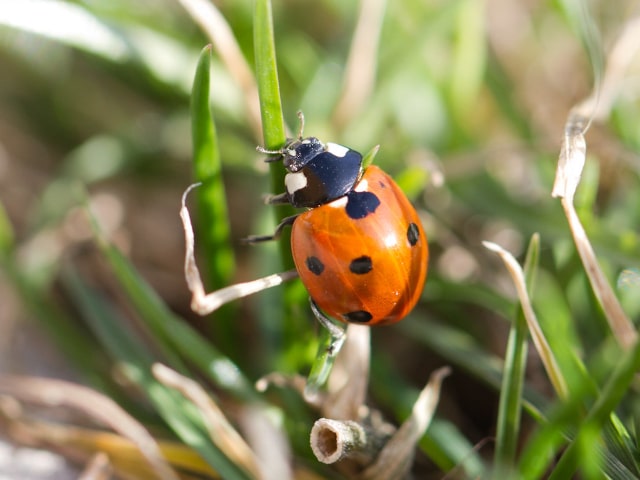
Another strategy to combat pests is to encourage beneficial organisms, insects and other animals in your garden. A healthy garden depends on a strong, interconnected ecological system. In such a system, everything is in order, from sun and water to insects, birds and plants, creating a great biological balance.
Beneficial predator insects should be encouraged in your garden because they will hunt pests and help you control them in your garden. They also provide sustenance for the birds. Don't forget about mammals: small mammals manage ground cover and leaf litter, while larger mammals manage the smaller mammal populations. Such a system is self-sustaining and doesn't need your input to create ecological harmony.
However, when pests appear in a garden, many people's first reaction is to use chemical solutions and harsh products to get rid of them. By eliminating pests you are also eliminating beneficial insects in your garden, which is not the best way to go. Keep in mind that there are many common garden insects that are very beneficial and crucial for maintaining ecological balance and keeping your garden healthy and pest-free.
Here are the main types of beneficial animals you should encourage in your garden and ways to do it. While not all of them are there to eliminate pests, they are all important for maintaining ecological balance in your garden:
Birds
Birds are important addition to any garden. Wrens, robins and chickadees eat harmful beetles and protect your plants such as asparagus, potatoes, Mexican bean and cucumber. They also eliminate cutworms, grasshoppers and many other insects.
Birds are easily attracted by birdhouses and nesting shelves you can position near the garden. Keep in mind that birdfeeders will attract squirrels, so make sure to keep them away from the garden to avoid squirrel problem.
You may also use poultry to get rid of harmful insects in your garden.
Spiders and Predator Ground Beetles
Spiders and predator ground beetles are important for controlling the insect population in your garden. They will hide in mulch covering and leaf litter on the garden floor. This organic matter is important to have in your garden, but it also provides a good place for pests. Having spiders and predator insects in those places help controlling harmful insect population.
Ladybugs and Lacewings
These beetles are great when it comes to controlling numerous harmful insect populations. They prey on aphids, scales and many other insects. Attract them using wheast in your garden.
Praying Mantis
Praying Mantis is one of the best insect you can have in your garden. It offers a great help to gardeners and it keeps pests away because it eats most garden insect pests.
Toads
Believe it or not, toads are beneficial for your garden. They eat slugs and many different types of bugs, so they can help you get rid of these pests. To attract toads to your garden, build toad houses and these amphibians will find a home in your garden.
Hoverflies
These flies prey on aphids and keep them under control. They will find a home in dill, fennel, wildflowers, coriander and Queen Anne's lace, so make sure to have at least some of these plants in your garden.
Parasitoid Wasps
While they don't sound like good visitors to your garden, they are very beneficial. These wasps lay their eggs in pest hosts, such as tomato hornworms and cabbageworms. They are attracted to ground cover such as alyssum, yarrow and sweet clover.
Garter Snakes
Garters make great guests in the garden. They find their hiding place in bushes, tall grass or piles of wood and rocks. They will control pests such as crickets, grasshopper and other insects.
Beneficial Organisms You can Buy
Some beneficial organisms need to be attracted to your garden, while others can be purchased. Among the most common purchased beneficial organisms are milky spore bacteria and beneficial nematodes. You can buy them and introduce them into your garden to get rid of pests.
- Milky spore bacteria (Bacillus popilliae) can help you control grubs. The good news is that it will remain in the garden for about 10 to 15 years. Strains of Bacillus thuringiensis (Bt) are good for controlling caterpillars, corn earworm, tomato hornworm, Japanese beetle, mosquitoes, cabbageworm, potato bugs and elm leaf beetles.
- Beneficial Nematodes will enter a host's body and emit bacteria that kills the host. These nematodes can be applied through spraying, mixing with mulch or simply adding them to soil. Beneficial nematodes can help you get rid of grubs, black flies, mosquitoes, carrot rust fly, termites, yellow jackets, grasshoppers, cabbage and onion root maggots, squash vine borer, crickets and caterpillars.
Photo credit: Wet and Messy Photograph
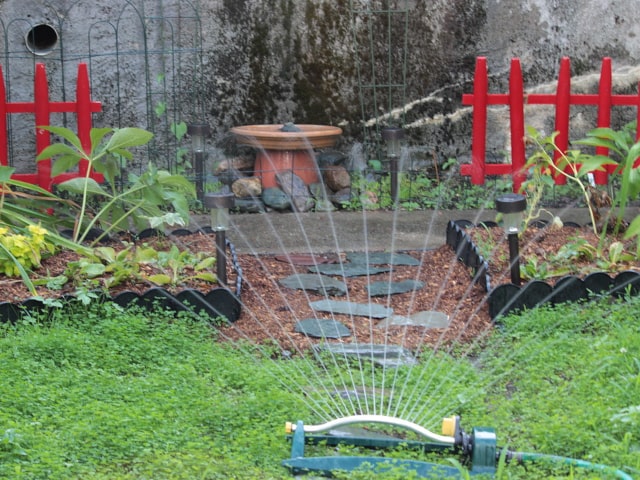
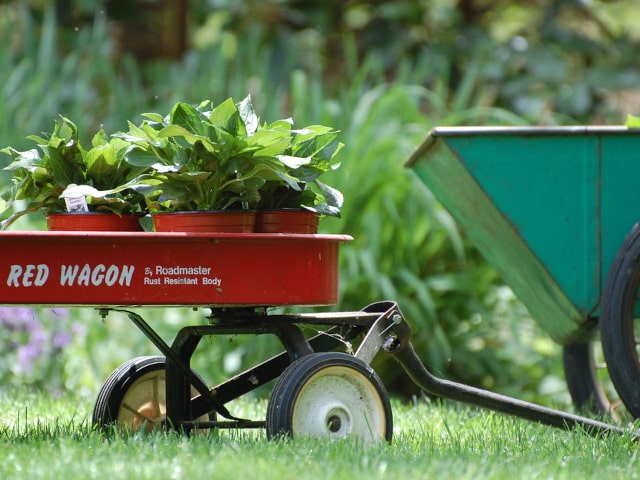
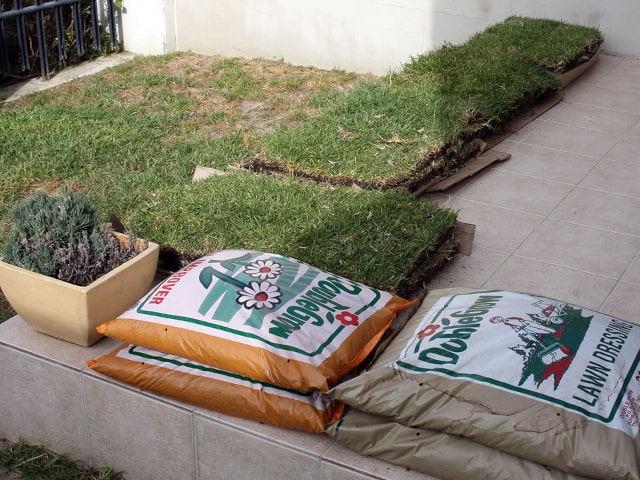
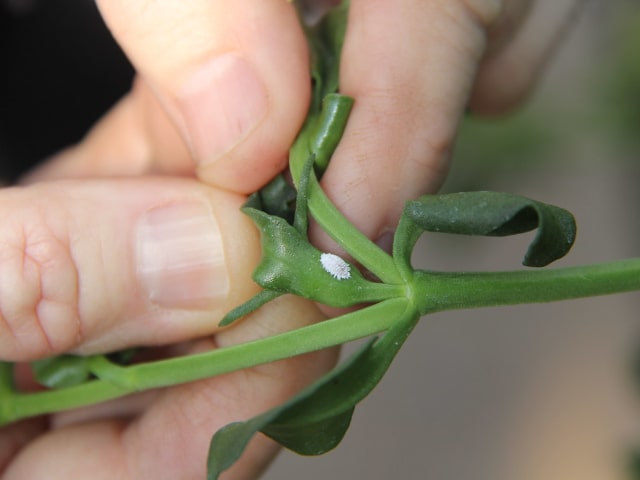
0 Comments